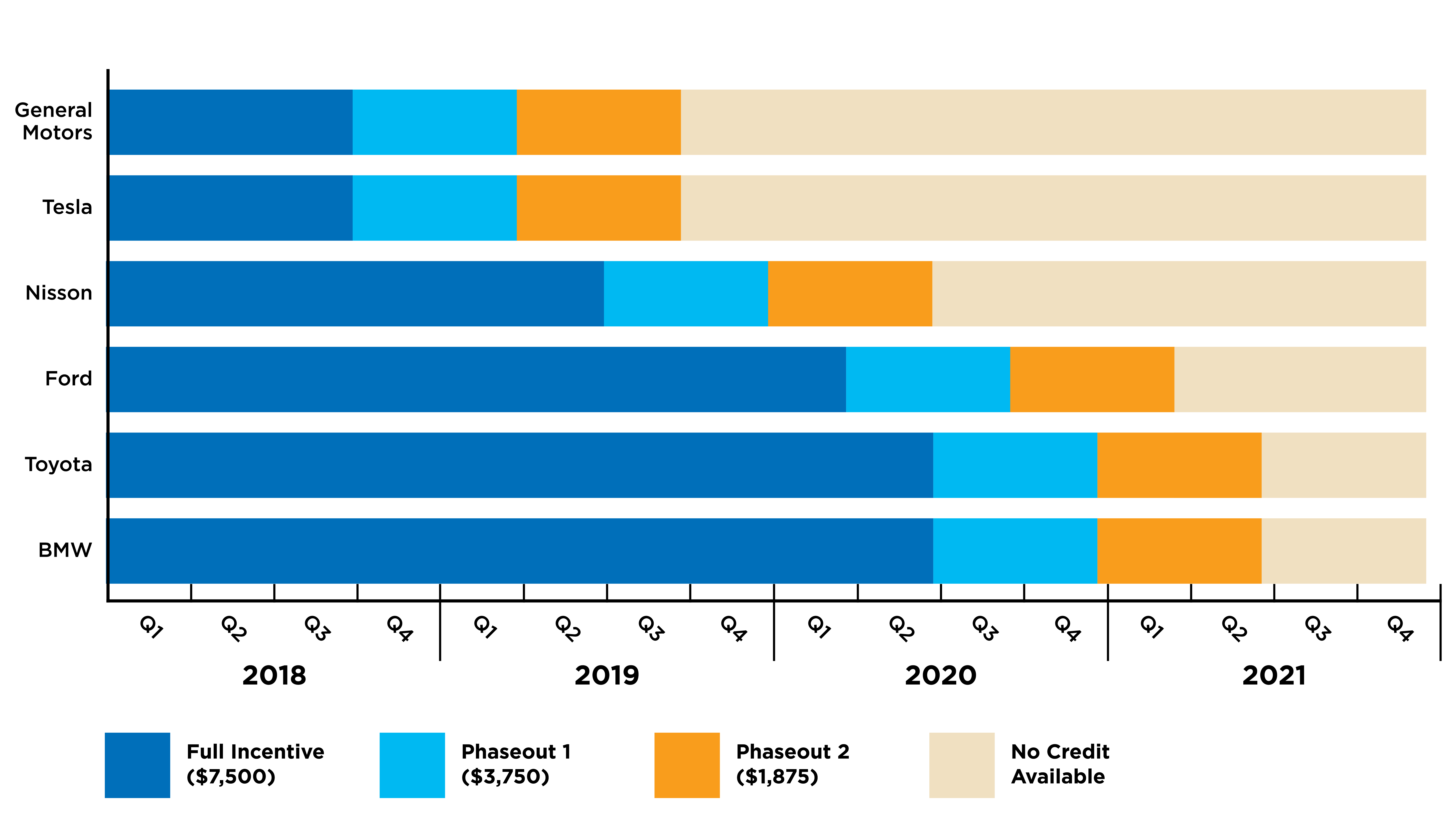Stricter Measures: Netherlands To Build Low-Security Detention Facilities And Enforce Area Bans On Asylum Seekers

Table of Contents
The Rise of Low-Security Detention Centers in the Netherlands
The Dutch government's rationale behind building low-security detention centers centers on improving the management of asylum applications and providing a more humane alternative to traditional high-security prisons for those awaiting processing. These facilities aim to offer a less punitive environment, focusing on rehabilitation and integration programs while ensuring that asylum seekers remain within the system. The difference lies significantly in the level of security and the overall atmosphere; low-security centers prioritize rehabilitation over strict confinement.
- Number of planned facilities: The government has announced plans for at least three new low-security detention centers across the country.
- Location of planned facilities: The exact locations are still being finalized, but the chosen sites are expected to be strategically located to balance accessibility to processing centers and community resources.
- Capacity of each facility: Each center is anticipated to house approximately 200 asylum seekers, offering more individual space and better living conditions compared to current overcrowded facilities.
- Types of asylum seekers who will be housed there: These centers will primarily house asylum seekers whose applications are still being processed and those who have been deemed not to pose a significant security risk.
- Focus on rehabilitation and integration programs: The centers will incorporate language classes, vocational training, and counseling services to aid integration into Dutch society.
- Comparison to existing detention facilities: Existing facilities are often overcrowded and lack adequate resources for rehabilitation and integration programs; the new low-security centers aim to address these shortcomings.
Area Bans for Asylum Seekers: A Controversial Approach
The implementation of area bans represents a more controversial aspect of the Netherlands' stricter asylum policies. These geographically targeted restrictions limit where asylum seekers can reside, often citing concerns about strain on local resources or social tensions. This dispersal policy, however, raises concerns about asylum seekers' access to crucial services and opportunities for integration.
- Specific regions or municipalities affected by area bans: While specific areas haven't been publicly named, the focus is likely to be on regions already experiencing higher concentrations of asylum seekers or perceived high levels of social pressure.
- Reasons cited by the government for implementing area bans: The government justifies these bans by emphasizing the need for equitable distribution of asylum seekers across the country and preventing overburdening specific communities.
- Duration of area bans: The duration of these bans varies, with some potentially lasting for several months or even longer.
- Consequences for violating area bans: Violation of area bans could lead to detention or deportation proceedings.
- Criticisms of area bans from human rights organizations: Human rights organizations have criticized these bans, arguing that they limit asylum seekers' access to essential services, including healthcare, education, and job opportunities, hindering their integration.
- Potential impact on social cohesion: While proponents argue area bans enhance social cohesion, critics fear they may exacerbate social tensions and lead to further marginalization of asylum seekers.
The Impact on Integration and Social Cohesion
The new measures' impact on integration and social cohesion is complex and multifaceted. While improved management of asylum applications could potentially ease pressure on certain communities, the area bans risk creating further barriers to integration.
- Potential benefits of improved management of asylum applications: Streamlining the asylum process and providing better facilities could potentially lead to faster processing and integration.
- Concerns about the impact of area bans on access to services and social support: Restricting movement significantly limits access to vital services, making integration considerably more difficult.
- Potential for increased social tensions: Area bans may fuel resentment and distrust between local communities and asylum seekers, harming social cohesion.
- Strategies to mitigate potential negative impacts: Investing in community outreach programs and ensuring equal access to services regardless of location are crucial to mitigating potential negative impacts.
Public Opinion and Political Debate Surrounding the New Measures
Public and political reactions to the new measures are sharply divided. While some support stricter measures to manage asylum applications, others express concerns about the human rights implications and potential social consequences.
- Support for stricter measures among the Dutch population: Recent polls suggest significant public support for stricter immigration policies, reflecting growing concerns about the asylum system's capacity.
- Criticisms of the stricter measures from opposition parties and human rights groups: Opposition parties and human rights groups have raised concerns about the potential for human rights violations and the negative impact on integration.
- Coverage of the issue in Dutch media: The issue has received significant media coverage, with diverse perspectives presented, reflecting the polarizing nature of the debate.
- Potential long-term political consequences: The effectiveness and ethical implications of these policies will likely shape future political debates and immigration reforms in the Netherlands.
Conclusion
The Netherlands' tightening of asylum policies, marked by the introduction of low-security detention facilities and area bans, raises significant questions about the balance between managing asylum applications and ensuring the humane treatment and integration of asylum seekers. The potential long-term consequences for both asylum seekers and Dutch society remain to be seen. The impact of these new policies, particularly the efficacy of low-security detention and the controversial area bans, necessitates ongoing evaluation and discussion. Stay informed about developments in the Netherlands' asylum seeker policy to understand its full implications.

Featured Posts
-
 Virginia Giuffre Involved In Car Crash Four Days To Live Claim
May 12, 2025
Virginia Giuffre Involved In Car Crash Four Days To Live Claim
May 12, 2025 -
 Sixth Man Of The Year Payton Pritchards Rise To Prominence
May 12, 2025
Sixth Man Of The Year Payton Pritchards Rise To Prominence
May 12, 2025 -
 Sigue En Vivo Uruguay Vs Colombia Sudamericano Sub 20
May 12, 2025
Sigue En Vivo Uruguay Vs Colombia Sudamericano Sub 20
May 12, 2025 -
 Celtics Clinch Division Dominant Win Over Opponent Name
May 12, 2025
Celtics Clinch Division Dominant Win Over Opponent Name
May 12, 2025 -
 Auto Dealers Intensify Campaign Against Electric Vehicle Mandates
May 12, 2025
Auto Dealers Intensify Campaign Against Electric Vehicle Mandates
May 12, 2025
